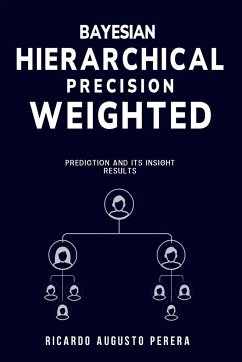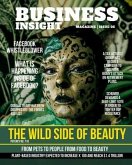Given sensory inputs from a hidden environmental cause x, the resulting content of our phenomenal experience sometimes contradicts our best cognitive hypothesis about x or even a justified true belief about it. An even more problematic case is a specific subset of this phenomenon: when two competing perceptual hypotheses are represented as equally likely causes of the sensory input (i.e., when there is ambiguity) and the winning perceptual conjecture is the one that, from the perspective of abstract thought, has the lowest prior probability or we simply know to be false (e.g., seeing a mountain in the moon surface in spite of knowing it is a crater). Cognitive scientists, regardless of the specific way they conceive the architecture of the mind, would hardly deny that, in at least a few cases, a crucial cognitive information fails at determining perceptual experience.
Hinweis: Dieser Artikel kann nur an eine deutsche Lieferadresse ausgeliefert werden.
Hinweis: Dieser Artikel kann nur an eine deutsche Lieferadresse ausgeliefert werden.








